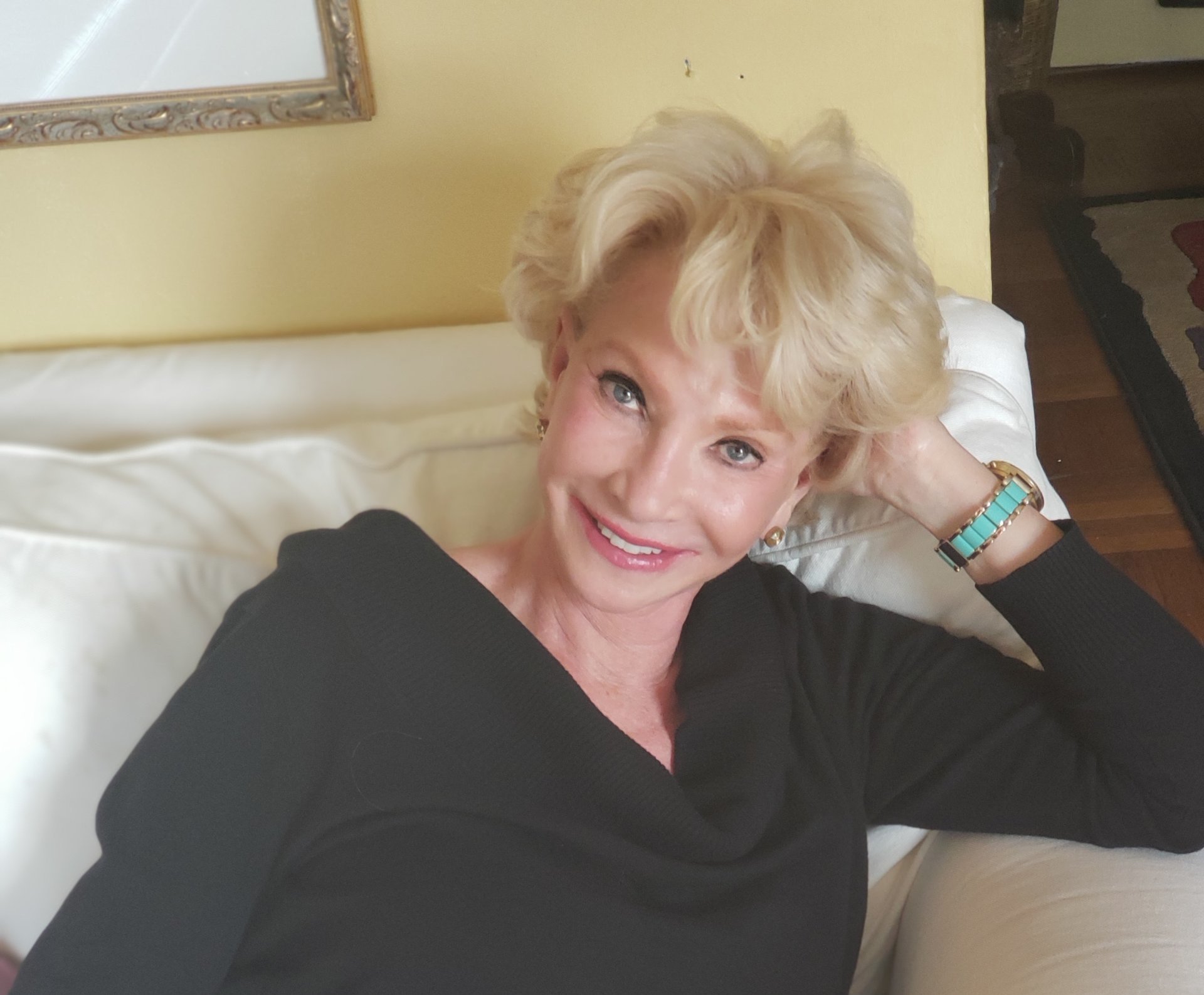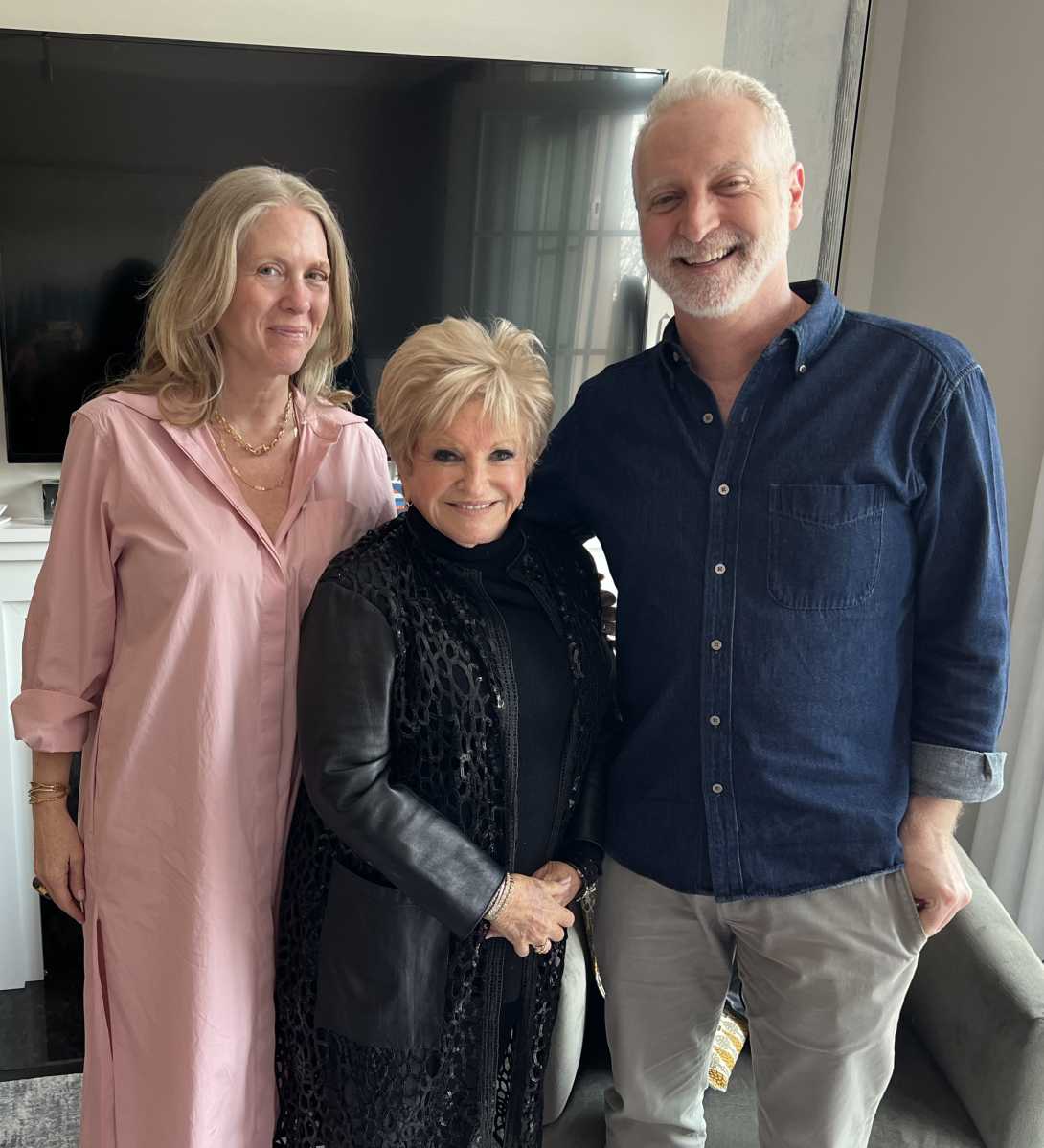Are You Ready to Honestly Evaluate Your Relationships?

No one likes confrontation. It typically makes most of us feel very anxious and uncomfortable. As a result, the majority of people will do almost anything to avoid having “the talk” with people who have hurt, disrespected or offended them.
One way of rationalizing someone’s bad behavior is to try and convince ourselves that the person was simply having a bad day and didn’t mean to hurt our feelings. That may be true. Perhaps it was a one-time misstep. On the other hand, we may blame ourselves for being too sensitive, too needy, believing that we may have overreacted.
That may be true too on a particular occasion. However, I have treated hundreds of women over the years who were living in abusive and violent situations who continually made excuses for their partner’s abusive behavior.
“He didn’t mean it.”
“He’s stressed at work.”
“He had too much to drink.”
“It’s what he learned from growing up in a violent home.”
The excuses and rationalizations that we make for people who have injured us emotionally and even physically can go on and on — sometimes for a lifetime. Ultimately, each of us needs to decide whether we will continue to engage in destructive, self-destructive and self-sabotaging relationships of any kind, or whether we are willing to seek the necessary support and help, if necessary, and put an end to interacting with people who hurt us — even on occasion.
YOUR MOST AMBIVALENT RELATIONSHIPS ARE THE MOST TOXIC
A recent article in The New York Times by Dr. Adam Grant discusses “how the most toxic relationships aren’t the purely negative ones. They’re the ones that are a mix of positive and negative. The roommate who gets you through a breakup and then starts dating your ex. Or the manager who praises your work but denies you a promotion.”
Grant calls these relationships “frenemies” — supposed friends who sometimes help you and sometimes hurt you. These are crazy-making relationships. Relationships that make you feel that you are on a never-ending rollercoaster ride, never knowing from one day to another what to expect, are damaging to our health.
One study found that adults had higher blood pressure after interacting with people who evoked mixed feelings than after similar interactions with those who evoked negative feelings. Another study conducted by psychologists Bert Uchimo and Julianne Holt-Lunstad found that among older adults, “the more ambivalent relationships they had in their lives, the more depressed they felt, the more their heart rate spiked under stress, and the more their blood pressure climbed in response to stress over the next 10 months.”
So remember that there are enormous emotional, psychological and even physical consequences that invariably affect us — sooner or later — when we consciously or unconsciously allow and enable people to cross over a certain line. This is especially true if avoidance, suppression, repression, denial or self-blame is a person’s typical pattern of reacting to toxic people and toxic situations.
IT’S TRUTH TIME
I want to ask you a very important question and I hope that you will be really honest with yourself. How many people in your life — past and present — have hurt you in a variety of ways that left you feeling wounded, humiliated, angry or depressed? A few? A lot? Or too many to remember?
Were they friends, family members, your partner, spouse, colleagues, acquaintances or even a clerk at a store or a receptionist in your doctor’s or dentist’s office who ruined your day, weeks, months or even years? So what did you do at the time? Did you say something? Did you speak up? Or did you simply feel the hurt, pain, anger or even rage within your entire body and silently choose to slither away? Or on the other hand, did you beat yourself up for being afraid or reluctant to confront the person or persons?
TODAY IS A NEW DAY. WHAT ARE YOU GOING TO DO?
If there are people in your life who have hurt you or continue to hurt you, are you willing to try and create an opportunity to contact them and have the conversation that you probably wished that you had been brave enough to have when the incident(s) first occurred?
If this unfinished business is getting in the way of your life and your relationships, take several deep breaths and make the call or send an email, saying that there are some things that you would like to talk with them about. It’s better to do this in person, if at all possible, assuming that you feel safe.
As Dr. Grant reminds us, “a relationship in which you can’t be honest isn’t a relationship it all. It’s a charade.”
So you have nothing to lose. There is no guarantee that your feelings will be validated. However, you will have the satisfaction of knowing that you had the courage and made the effort to try and keep people accountable for their behavior — whatever the outcome.

Beatty Cohan, MSW, LCSW, AASECT is a nationally recognized psychotherapist, sex therapist, author of For Better for Worse Forever: Discover the Path to Lasting Love, columnist, national speaker, national radio and television expert guest and host of the weekly “Ask Beatty Show” on the Progressive Radio Network. She has a private practice in NYC and East Hampton.
Beatty would love to hear from you. You can email your questions and comments to BeattyCohan.msw@gmail.com. For more info, go to beattycohan.com.



